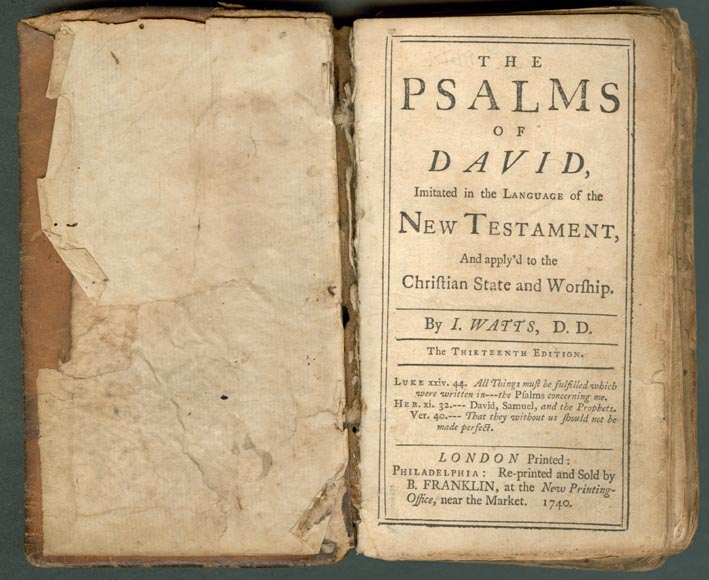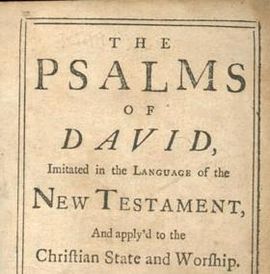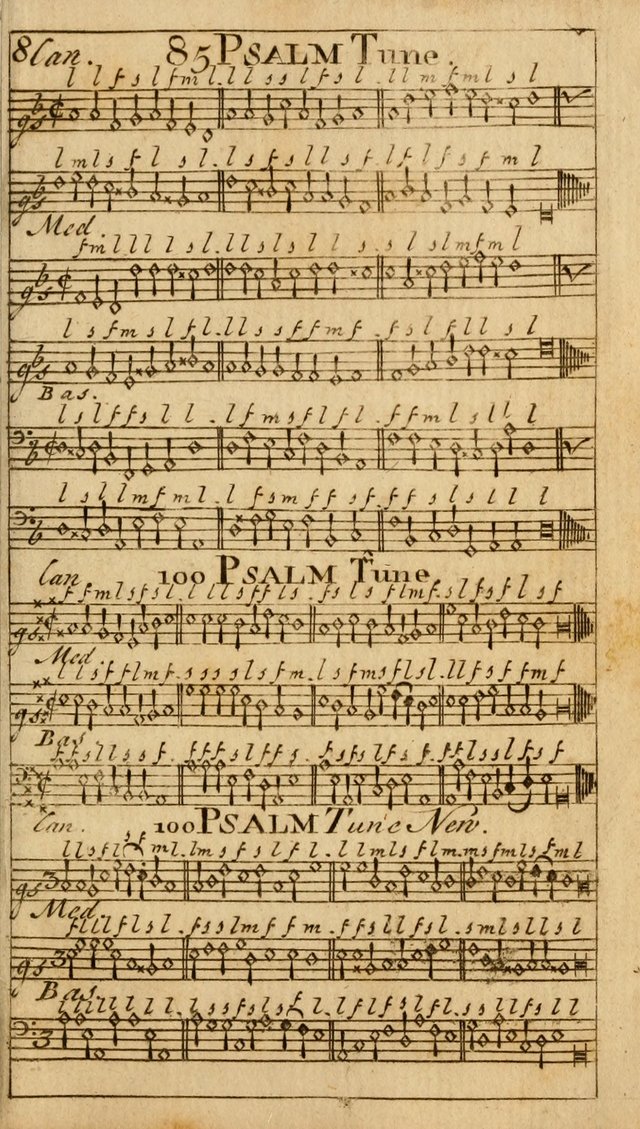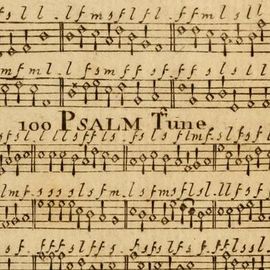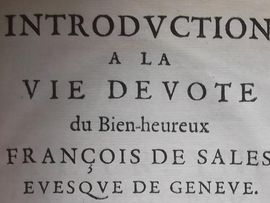Focus and Self-Discipline. Forms and Functions of Prayer in the long eighteenth century in Great Britain
Project manager: Prof. Dr. Sabine Volk-Birke
Duration of project: 1.3.2014 - 31.3.2017
The cultural practice of prayer in the long 18th century represents a phenomenon whose study requires a multidisciplinary approach. The project will use the questions and methods of English Studies to explore the significance of prayer for the shaping of individual minds as well as the "imagined communities" of political and religious groups during the Enlightenment.
Project Description
The research project on the forms and functions of Christian prayer in the long 18th century is inherently international and multidisciplinary. Christian prayer during this era was largely shaped by three occurrences: the Reformation, the Enlightenment, and the spread of the faith through colonization and missions.
My research topic is part of a partnership with Dr. Laura Stevens, University of Tulsa (Oklahoma, USA) and Prof. Dr. William Gibson (Oxford Brookes University, UK). While the initial focus is on Christian prayer in the years 1600-1800, an extension of the research field to other religions (Islam, Judaism, Hinduism) is planned for the future.
The phenomenon of prayer includes both practices and theories whose interaction and contextualisation have heretofore been insufficiently researched. Numerous theological questions as well as the history of the churches and religious cultures have so far only been addressed works on theology or the history of religion.
If we mean by prayer the attempt to enter in word and deed into a dialogical exchange with God, then it is a religious practice which fundamentally refers to human life in all its forms, whether in individual or collective terms. As prayer is not bound to social class, age, sex, education, language, or any other social markers. It can thus serve as an interface for multidisciplinary studies and should lead to a broader understanding not only of the cultural and political structures of the long 18th century, but also of the specific mental and spiritual foundations of that era. Aside from catechetical texts and a rich devotional literature and its paratexts, other artistic forms such as music, poetry, architecture and painting are an important part of this practice.
English Studies' research on literature and culture in this area must take into account on the one hand the contrast between the Anglican Church and Catholicism, and on the other hand Dissent. The crossing of boundaries resulting from the reception of devotional literature from other languages and cultures also require such mediation and demarcation processes which would enable insight into the respective theological, political and mental needs of the recipient circle. In addition to my research on the libretti of Handel's sacred music, I have already been working on mediation processes such as for example the English adaptations of Francis de Sales' Catholic Introduction à la Vie Dévote for an Anglican audience.
News
Research on the libretti of Handel's sacred music has been extended concerning the field of gender studies and the field of English hymnody. The latter research is dovetailed with the theme of the international and interdisciplinary conference (Halle in June 2019) "Ort und Orte der Religion in der Aufklärung / The Place of Religion in the Enlightenment" at the IZEA in cooperation with the University of Tulsa (USA).
Publications
Volk-Birke, Sabine. "'Let Senesino sing what David writ'? Gebete in Händels Oratorienlibretti", Händel-Jahrbuch 59 (2013), pp. 263-89.
Volk-Birke, Sabine. "Context as Text: Milton’s Psalms in Handel’s and Hamilton’s Occasional Oratorio," in: Etudes Anglaises (Text and Music in Early Modern England) 67.4 (2014), pp. 441-456.
Volk-Birke, Sabine. "La prière dans les livrets de Haendel. Quelques réflexions sur le sublime dans les Chandos Anthems," in: Sublime et musique religieuse de Lalande à Haydn, ed. Sophie Hache und Thierry Favier, Paris: Classiques Garnier, 2015, pp. 143-163.


